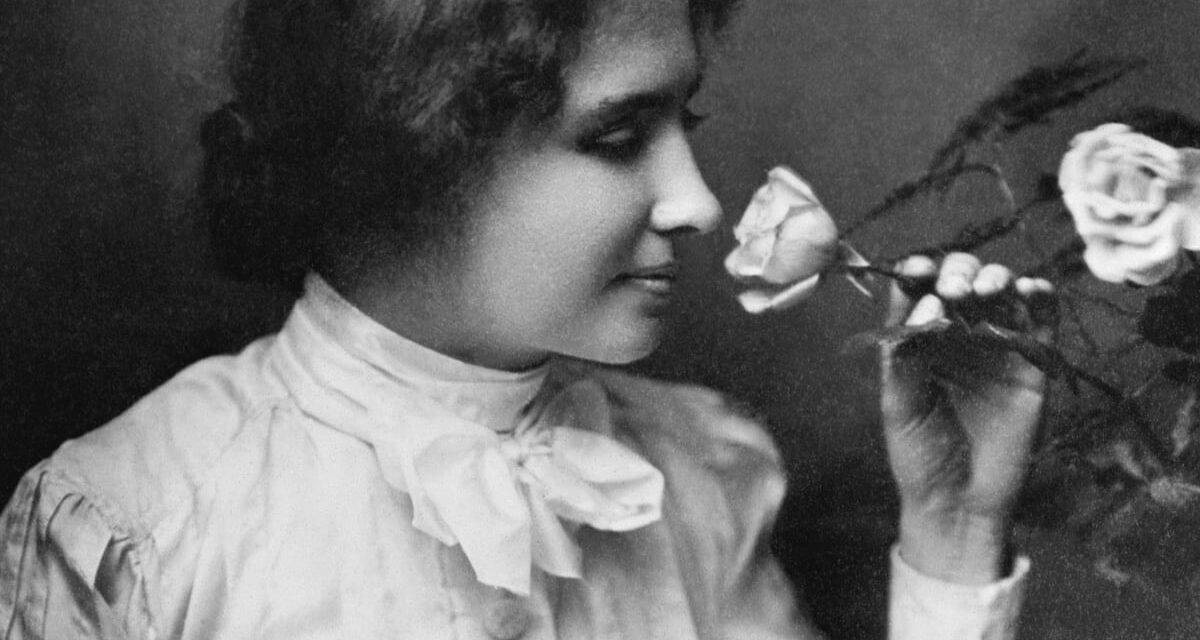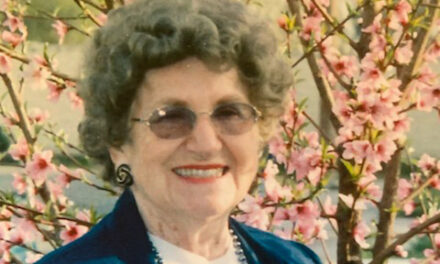Recently I was driving to a new dog groomer. It was raining heavily and my dog, Yogi, and I were driving carefully, looking for the correct turns from my directions. Then we came to a roundabout with a small park inside and a marker that made me pull over and park. I walked over to read it, immediately pausing in respect for the person the marker honored.
Two words were his living epitaph, “Let’s roll!” It was 22 years ago that 1,232 people boarded their morning flights. 33 airline crew members began their flight preparations as 2,606 people went forward to what they believed would be a normal workday. There were 343 firemen that began the start of their normal mornings while 60 policemen, and 8 paramedics did the same in blissful ignorance of what was to come.
Todd Beamer was aboard flight 93 when it became evident that the plane had been overtaken by terrorists. Todd Beamer and others decided to act. None of these people thought of themselves as heroes. They were just people suddenly faced with a situation that tested them all to their core. Faced with the threat of imminent death, they planned an act of ultimate sacrifice.
Ordinary citizens stormed the cockpit and forced the terrorists to divert their plan of heading towards the White House. On the phone with GTE airplane supervisor Lisa Jefferies, Todd told the stranger to call his family and tell them that he loved them. Then he said his now famous words, “Let’s roll!’.
Since then, Todd has been on my mind. He was undoubtedly a hero, but I am sure he had never thought of himself that way. Most people who come to be honored with that respected title don’t feel a sense of heroism in themselves, and that is one of the things that makes these people so special.
We ask ourselves, If called upon, would we have that rare form of courage that would allow us to step up, to risk ourselves for the greater good? What, after all, makes someone a hero?
By definition, a hero is noted for his or her feats of courage or acts of nobility, especially one who has risked or sacrificed their life. Brodi Ashton, in her book Everneath, said, “Heroes are made by the paths they choose, not by the powers that they are graced with.”
In his study of heroes, Philip Zimbakd, PhD, stated, “The key to heroism is a concern for other people in need, a concern to defend a moral cause, knowing there is personal risk, done without expectation of reward.” My mind considers all the soldiers who have walked into harm’s way to protect their nation, the firefighters who rush into flaming buildings to save lives, someone diving into raging waters to try to save a drowning person. For me, these people are clearly heroes.
Today many sports figures are called heroes, as are some celebrities. Too often these are the people that represent heroism to our youth. We might ask, does diligence, ability and incredibly hard work, or talent alone qualify a person for hero status? Are we overusing this term and diluting it?
There seems to be no real archetype. Heroism seemed to be within each hero, regardless of age, gender, nationality, skin color, sexual preference or religion. It seems that the underlying qualities that make a true hero can appear anywhere and at any time.
Aristotle, a hero to most philosophers, once said, “A hero had a greatness of soul.” Today we see a lot of fictional superheroes. They make blockbuster films, but I fear that perhaps this caricature of super strengths may also dilute the true essence of heroism found in real human beings. Most heroism does not come from super powers but from strength of character and resolve.
I asked my daughter Lara, who she first thought of when I said the word hero. She did not hesitate to reply, “Helen Keller.” She said, “because she climbed mountains of challenges, and not only forged a successful, meaningful life for herself but also helped give courage to others who were faced with mighty obstacles.”
I remember listening to my uncle talking about his experience on D-day in World War II. He told us about the night before, when all his fellow soldiers were somber, wondering who of them might survive the next days’ attack. I told him he was a hero to be part of that day that helped turn the war. He denied the praise and said that they were all soldiers who had been trained to fight, that he only did what all the other men had done.
They did what was expected of them. He then said, “Do you want to know who the heroes were? All those families who hid Jewish people to save them from certain death in the camps, knowing that they were risking their own lives to save them. They were all heroes.”
I guess we all wonder if we have the inner strength to step up when needed and put ourselves on the line. And we all hope that we never have to find out.


